Director: Eric Karson
Writer: S. Warren
Cast: Olivier Gruner, Theresa Saldana, Frank Aragon, Tony Valentino, Peter Kwong, Mike Moroff, Mark Dacascos, Bruce Locke, Claudine Penedo
Running Time: 102 min.
By Z Ravas
It’s a story as old as the Western: a stranger rides into a town plagued by violence and unrest. Boarding with a local, he soon finds that the town’s troubles become his own – and he’s forced to fight in order to establish peace. The twist in 1990’s Angel Town is that the stranger in question is Olivier Gruner, former French Navy Commando and 1986 Middleweight Kickboxing World Champion. In other words, “establishing peace” is going to involve more than a few well-placed roundhouse kicks.
Very much cut from the same cloth as other early 90’s martial arts films such as Jeff Speakman’s The Perfect Weapon and Jean-Claude Van Damme’s Nowhere to Run, Angel Town arrives from director Erik Karson. Karson is no stranger to the genre himself: in 1990, the same year as Angel Town, he produced the Van Damme fan favorite Lionheart. He was also responsible for directing 1980’s dated but entertaining Chuck Norris ninja flick The Octagon and the Sho Kosugi/Van Damme joint Black Eagle in ’88. I have no doubt Karson was selected for this project based on his experience working with JCVD, as Angel Town very much wants to position Olivier Gruner as “the next Jean-Claude Van Damme.” You almost can’t fault the producers for their shameless imitation of past successes: after all, Gruner speaks with a thick French accent and can do the splits.
But Olivier Gruner is not Van Damme – and why would we want him to be? Gruner’s onscreen persona is much more aloof. Whereas many of Van Damme’s early films like Bloodsport saw him flash his puppy dog eyes as much as his fists, Gruner comes across as a bit more world weary and cynical. As the film opens, his character – a French kickboxing champion, naturally – travels to Southern California to begin graduate school. However, he’s arrived so close to the start of the semester that no student housing remains. His only recourse is to rent a room in an East L.A. barrio, one that is currently being terrorized by a gang leader named Angel, who holds court with a submachine gun. As Gruner stands up for his landlord Maria (Raging Bull’s Theresa Saldana) and her son Martin, it’s only a matter of time before he’s put on a collision course with Angel and his violent cronies. Fortunately, he’s not alone: his old friend and trainer (played by Big Trouble in Little China’s Peter Kwong) maintains a gym in the area, and a disabled Korean War veteran named Frank (Mike Moroff, a staple of Robert Rodriguez films like Desperado and From Dusk Till Dawn) is impressed enough by Gruner’s kicks to aid in the brewing gangwar.
Fans of the genre would be forgiven for growing restless during the film’s first act, which features very little in the way of hand-to-hand combat and includes an utterly bizarre moment where Gruner’s girlfriend sexually propositions him in a cemetery(!) before he leaves France. We know Gruner’s acceptance into grad school was necessary to get him across the Atlantic Ocean, but did we really need scenes of him meeting the stuffy dean or wooing his classmate? Thankfully, even these introductory moments are enlivened by Gruner’s fish-out-of-water charm. If you’ve read any recent reviews of Gruner’s films, you’ve probably heard the actor’s accent compared to notorious B-Movie maker Tommy Wiseau of The Room fame (recently spoofed by James Franco in The Disaster Artist), and there is an uncanny similarity, particularly in Angel Town. My favorite moment in the entire movie comes when a classmate derisively refers to Gruner as a “frog” and he responds by grabbing the student’s tie in his fist and quipping, “That’s Mister Frog to you.”
It’s a good thing Gruner is a likable actor, as the screenplay saddles him with some truly unfortunate dialogue. You have to balk when his character asks the teenage Martin why he doesn’t just give up and join Angel’s gang; rather than suggest the boy pursue a path of community activism or police outreach, Gruner attempts throughout the film to convince him that violence is the only recourse against Angel’s posse. In reality, we all know a World Kickboxing title isn’t going to do jack when you’re caught in the crossfire of a Mac-10 machine gun, but hey – this isn’t reality, this is a low-budget kung fu flick. After the exposition-heavy first thirty minutes, which include some Perfect Weapon-style flashbacks to Gruner’s character’s troubled youth, the film settles into a martial arts movie groove, with a series of increasingly escalating fight scenes that come to include more and more of the crime-inflicted neighborhood. By the time the climax rolls around, Gruner has given up pulling his punches and has started breaking limbs and throwing fools through picket fences as the entire block watches. At only 30 years of age, Gruner is in peak condition here, and there’s no doubt he’s the real deal: somehow it never gets old watching him high-kick the same group of gangmembers into oblivion.
It must be said Angel Town is populated almost exclusively by stereotypes (along with a fresh-faced Mark Dacascos in a blink-and-you’ll-miss-him background part), with Angel and his enforcers representing the kind of violent Latino gang Ann Coulter imagines when she closes her eyes. In fact, an early theatrical screening of Angel Town at a drive-in theater in Westminster, California was reportedly marred by gang-related violence, which led to a much smaller than anticipated theatrical roll-out for the film. Would Olivier Gruner gone on to greater success, sharing the box office marquee next to Van Damme and Steven Seagal, if Angel Town had received its intended wide release? Somehow it’s doubtful, but if you’re the kind of person who visits City on Fire on a regular basis, chances are you’ll have a good time revisiting this 1990 guilty pleasure.
Z Ravas’ Rating: 6.5/10

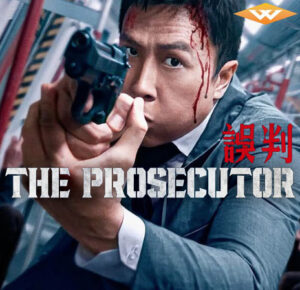
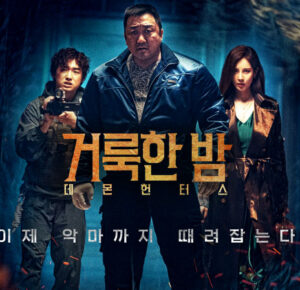
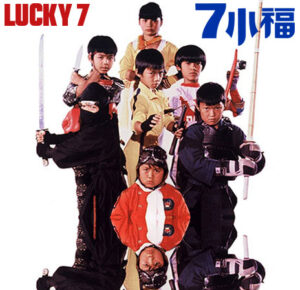
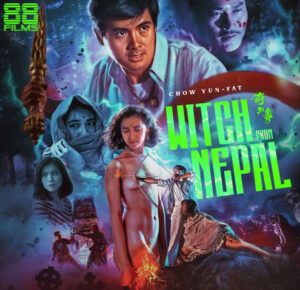
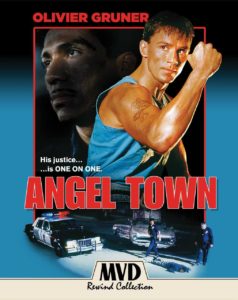
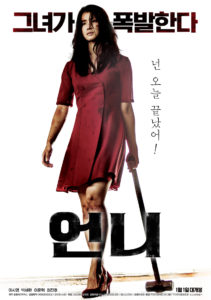
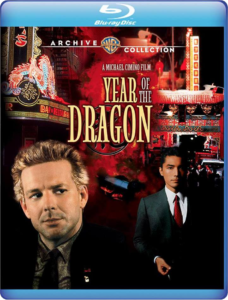

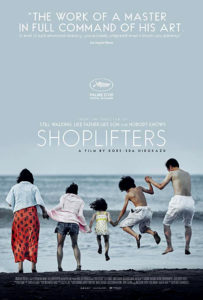
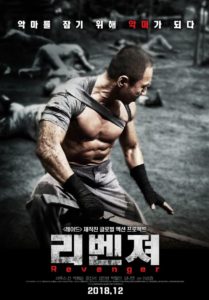
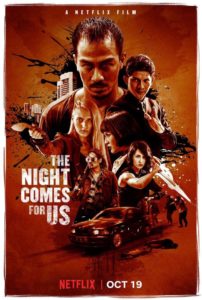
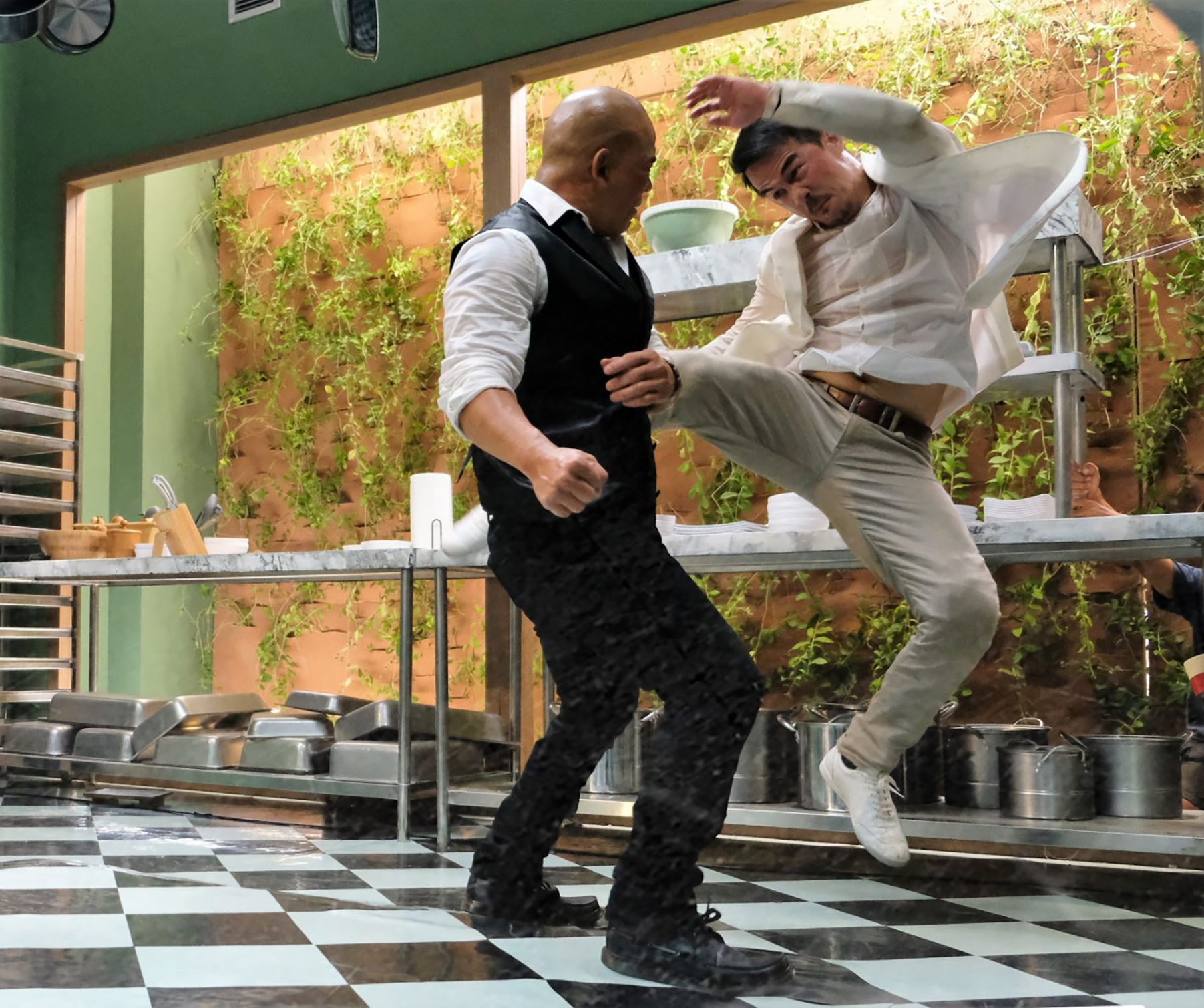
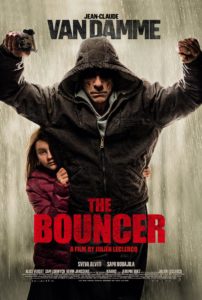
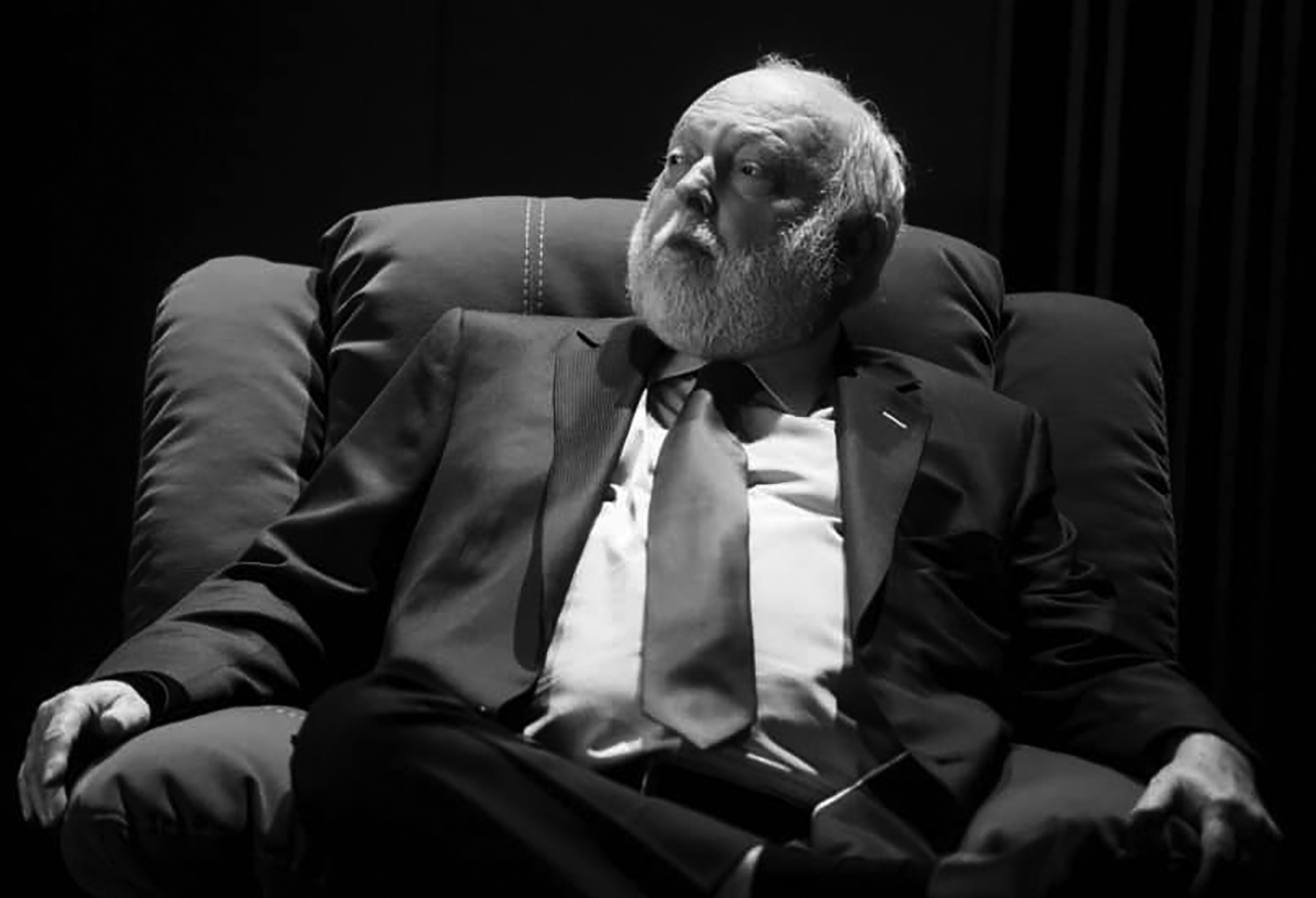

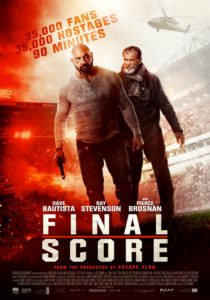

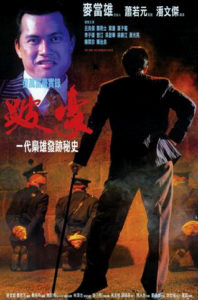
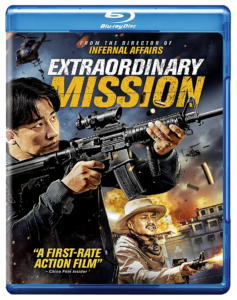
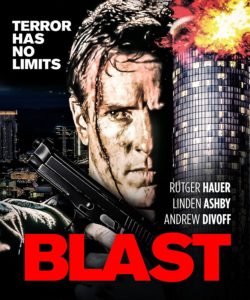



9 Comments